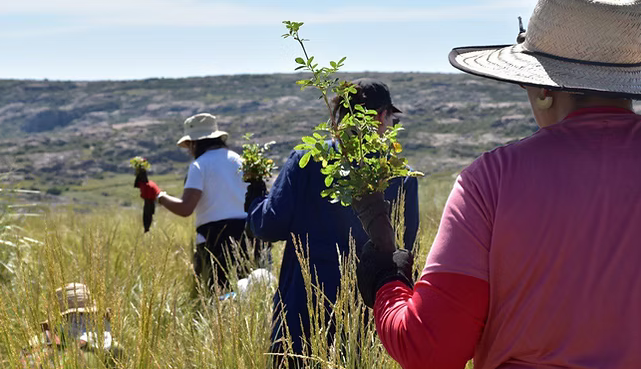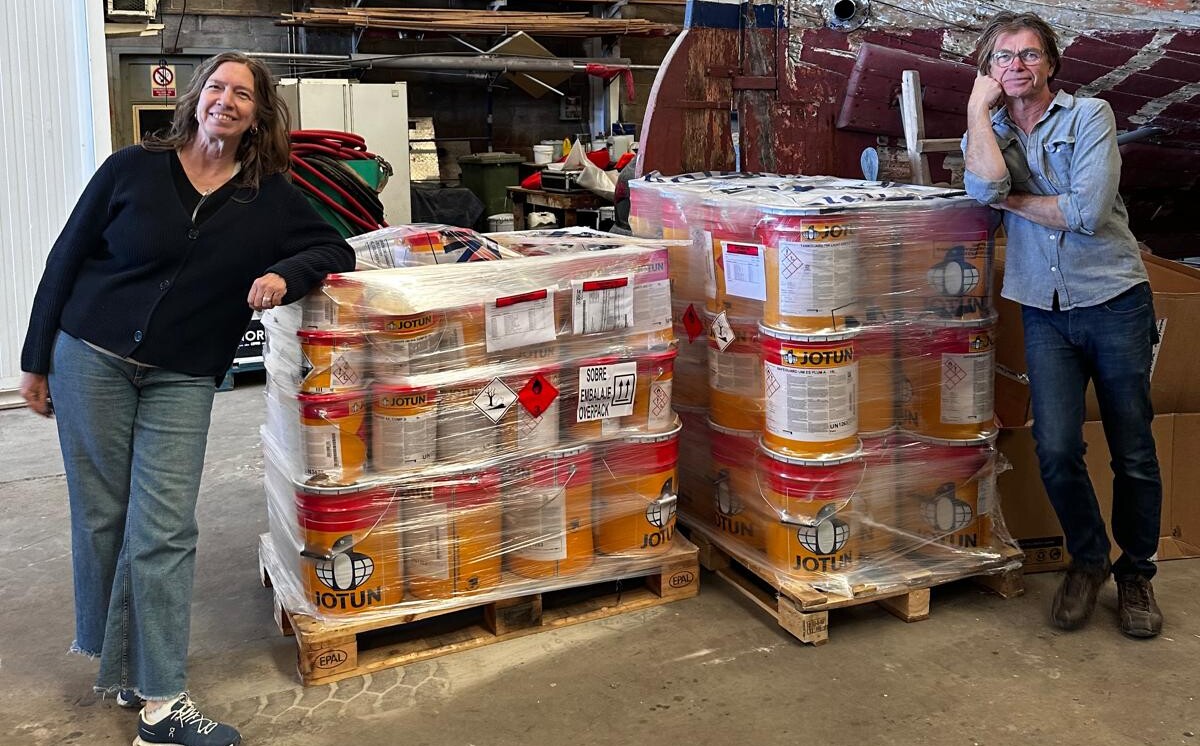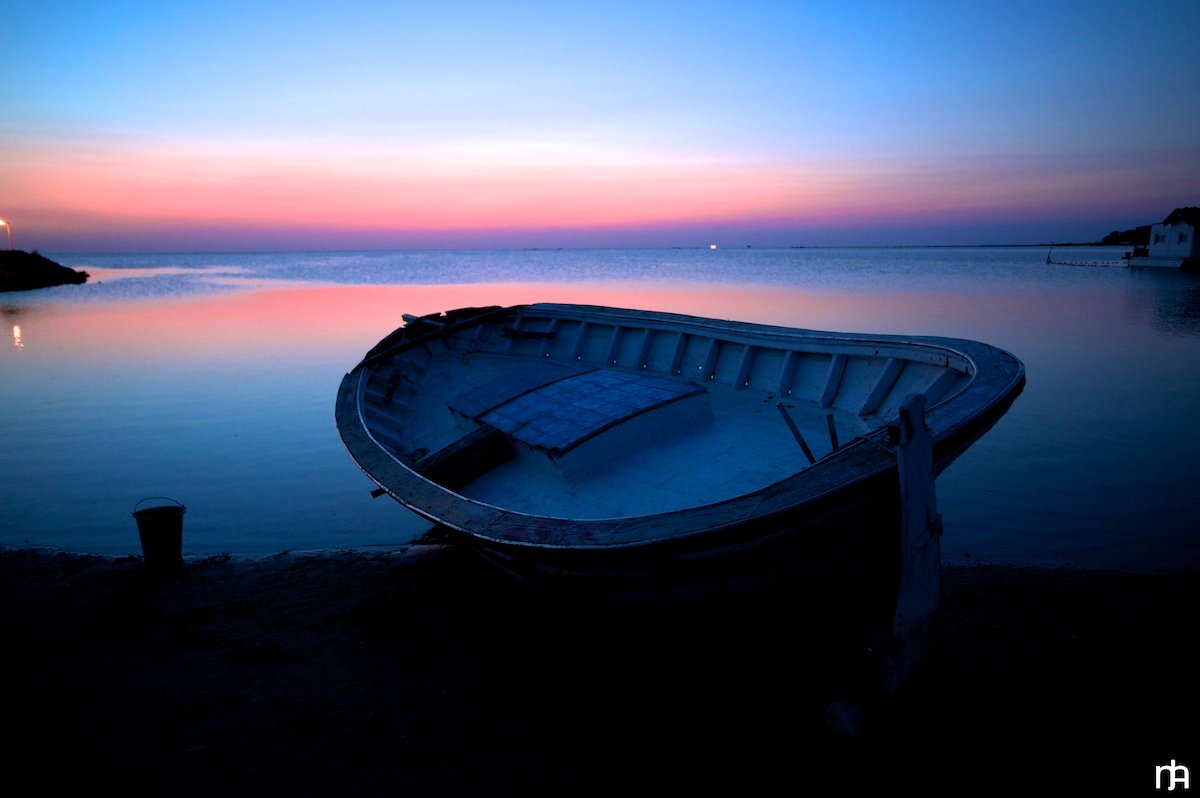HERACLITUS, the Institute of Ecotechnics research ship, has sailed our seas for forty years, travelled 270,000 nautical miles, sailed all the world’s oceans except the Arctic, and staged twelve epic expeditions. It has been nautical home to hundreds of seafarers, young and old, from fifty countries. The HERACLITUS conducts conservation research and action missions—protecting ecosystems and biodiversity and documenting the quickening cycle of decline in our oceans from ocean warming, acidification, sea-level rise and extreme weather to coral-reef bleaching, plastic pollution and overfishing, and conducting oral history documentation of coastal cultures.
“In a sea where most of the vessels are commercial or navy, or sleek, fast super-yachts, Heraclitus has a clunky, pirate dream fairytale magic to it that most people—young, old, rich people, fishermen—seem to fall in love with. Heraclitus gives people the chance to experience a totally different way of life: to know what it feels like to approach a new continent from the ocean, driven only by the elements; what it is like to turn off all electronic aids and learn how to navigate by the stars, to connect to the celestial bodies and to the universe; allows them to see the ocean up close, rather than through a camera lens. It is vital that we continue to offer people this chance: it ignites in them a genuine passion for the ocean. These people go on to become catalysts for protecting the sea and the cultures it supports.”
Captain Claus Tober
The ship is currently in Roses, Spain where it is in a major reconstruction effort.






